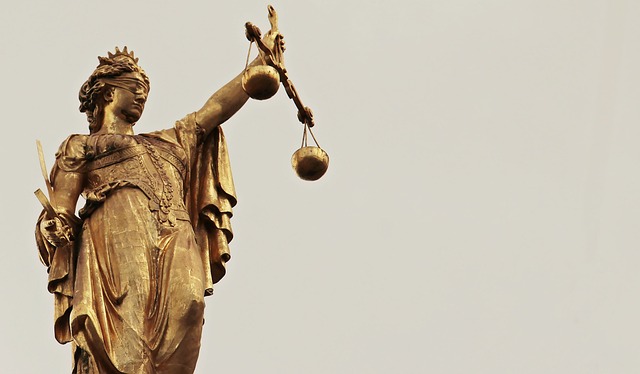
Introduction
In the age of digital communication, hate speech has become a contentious issue globally, challenging the delicate balance between freedom of expression and maintaining social harmony. In the Indian context, where diversity is not just a characteristic but a way of life, addressing hate speech is crucial to preserving the country’s pluralistic ethos. This article delves into the multifaceted dimensions of hate speech under Indian law, exploring the legal framework, its impact on society, and the challenges faced in its regulation.
Hate Speech meaning
Hate speech refers to any communication, in speech, writing, or behavior, that discriminates or vilifies a person or a group based on attributes such as race, religion, ethnic origin, sexual orientation, disability, or gender. Hate speech often incites violence, fosters prejudice, and creates social divisions.
Legal Framework in India
India, a democratic republic, guarantees freedom of speech and expression under Article 19(1) (a) of the Constitution. However, this freedom is not absolute and is subject to reasonable restrictions, including public order, morality, and the sovereignty and integrity of India.
Hate speech IPC
Indian Penal Code (IPC) Sections 153A and 153B: Section 153A of the IPC deals with promoting enmity between different groups on grounds of religion, race, place of birth, residence, language, etc., and acts prejudicial to maintenance of harmony. Section 153B punishes imputations, assertions prejudicial to national integration.
Section 295A: This section penalizes deliberate and malicious acts intended to outrage religious feelings or any class by insulting its religion or religious beliefs.
Section 505: Section 505 deals with statements conducing to public mischief, making or publishing any statement, rumor, or report with intent to incite, or which is likely to incite, any class or community of persons to commit any offense against any other class or community.
Impact of Hate Speech on society
Hate speech has significant ramifications on society, including:
Social Division: Hate speech deepens existing social fault lines, fostering animosity and hostility among communities.
Undermining Democracy: By polarizing communities, hate speech threatens the democratic fabric, hindering open dialogue and understanding.
Violence and Discrimination: Hate speech can incite violence, leading to physical harm, property damage, and discrimination against targeted groups.
Psychological Impact: Individuals targeted by hate speech may experience emotional distress, anxiety, and fear for their safety.
Challenges in Regulating Hate Speech
Addressing hate speech in the digital age poses unique challenges:
Global Reach: Online hate speech often transcends borders, making it difficult to enforce national laws effectively.
Ambiguity in Definitions: Defining hate speech in a manner that is both comprehensive and specific is challenging due to the subjective nature of language.
Enforcement: Monitoring vast online platforms and identifying illegal content is a daunting task, requiring collaboration between governments and technology companies.
Conclusion
Balancing the right to free speech with the need to curb hate speech is an ongoing challenge for democracies like India. Efforts to combat hate speech must focus on education, promoting understanding, and fostering tolerance. Legal mechanisms should be strengthened, adapting to the digital landscape, and international cooperation should be encouraged to address cross-border challenges. By nurturing a society built on empathy, respect, and understanding, India can mitigate the impact of hate speech, ensuring social harmony and preserving its rich tapestry of diversity. In this pursuit, the collaborative efforts of lawmakers, technology platforms, and civil society are indispensable.









